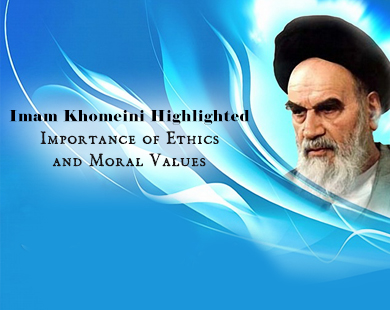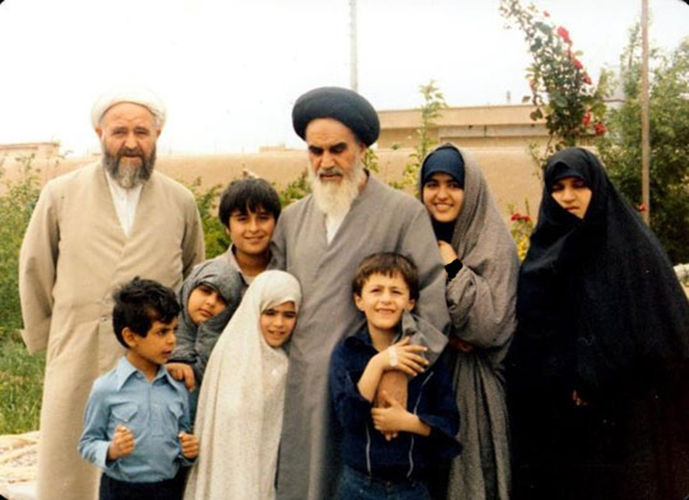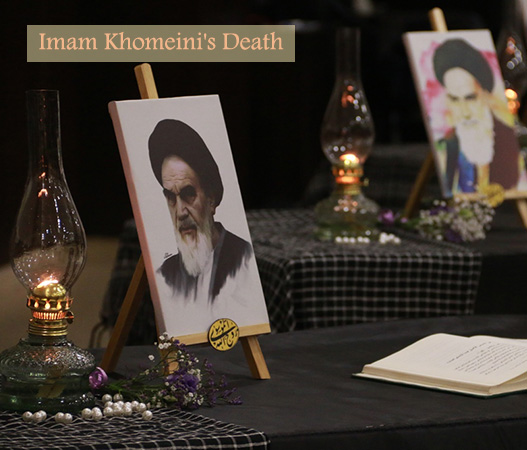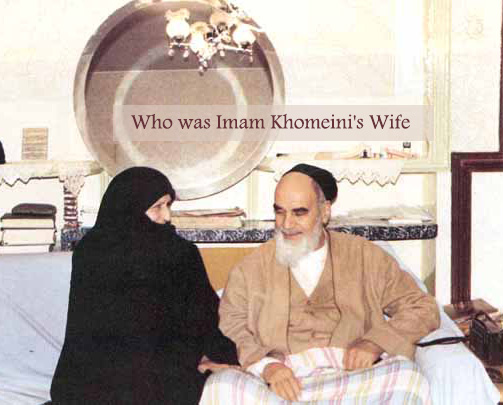According to Imam Khomeini, purpose the mission of the holy prophet of Islam was
the perfection of morality. In the noble traditions, both that are brief and
those which are elaborate, moral excellences have been given more importance
than anything else after doctrinal teachings.
And their importance is greater than what we are capable of explaining
adequately, but that which we know for certain is that the asset of the
everlasting life of the hereafter and the capital asset of the life of that
abode is the acquisition of noble dispositions and the possession of moral
excellences, the great Imam noted.
The leader of the Islamic Republic believes that the paradise which is given to
man for the sake of moral excellence is the paradise of Attributes, incomparable
to the physical paradise of Act.
Ethics, with this peculiar status, has always had Imam Khomeini’s attention.
From the very beginning when he was a regular teacher up to the time when he was
in the midst of the political arena, led the people’s uprising, and established
the Islamic Republic, he always paid particular attention to morality, and
viewed almost all socio-political issues from the moral perspective.
His recommendations and political messages to the officials and the people speak
for this, and these [recommendations] can be treated, apart from the occasion of
their issuance, as profound moral lessons from which we can learn.
However, from his point of view morality cannot be restricted to some
recommendations and decrees. Rather, it is anchored in profound philosophical,
theosophical and anthropological principles and precepts.
His view on morality is a philosophical one. It is in this sense that he keenly
scrutinizes moral vices and virtues, discusses them wisely, and enumerates the
benefits and harms of this and that item. In fact, he has a remarkably profound
belief in religious morality and uncovers vices and virtues from the heart of
the Islamic narrations from the Infallibles; nevertheless, he does not content
himself with the tradition of quoting, but perfectly utilizes intellect in
analyzing these narrations and in elucidating moral concepts.
This mode of striking a balance between the intellect [(aql) and narration (naql),
which has been acceptable to the great Islamic scholars, is very manifest and
conspicuous in the moral discourses of the Imam. Anyone who assiduously
scrutinizes the ethical and Gnostic works of the Imam can deduce his system of
ethics.
The truth of the matter is that he has based his code of ethics and
mystical-moral understandings on theoretical principles, which he does not
specify so much. In the same manner that he juxtaposes the fragments of a riddle
with one another, so also the researcher must carefully find these principles
and place them together. In doing so, he could present the Imam’s code of
ethics, which is rooted in a long-standing tradition and founded on the great
Gnostic and ethical heritage of the Muslim mystics and teachers of ethics.
In the heart of the great Imam’s way of thinking, ethics has a [special] place,
and in fact, all areas of knowledge revolve around this pivot. If man wants to
go beyond logic and the law of instincts, then he needs ethics in its broad
sense. Ethics in this context cannot be confined to merely a number of ethical
rules; instead, it is in fact a knowledge which searches for the deepest
recesses of man’s existence, and which cures him.
This ethics is, indeed, a sort of theoretical and practical anthropology. It is
awareness of fixed principles and their application. It is owing to this that
this knowledge can be considered as the noblest one and the reason of the
prophets’ mission.
The Messenger of God’s sayings were a manifestation of such kind of ethics which
he made known as the purpose of his mission. In this sense, man can be needless
of many types of knowledge; yet, he cannot consider himself needless of ethics
since this knowledge is the capital asset of felicities in both worlds:
Thus, by pondering on the ethical writings of the Imam, particularly the Sharh-e
Chehel Hadith (Exposition of Forty Hadiths), which is replete with
philosophical, ethical and psychological intricacies and subtleties, he has
attempted to infer and expound on the principles that he considers as being the
underpinning of the Imam’s system of ethics.



















